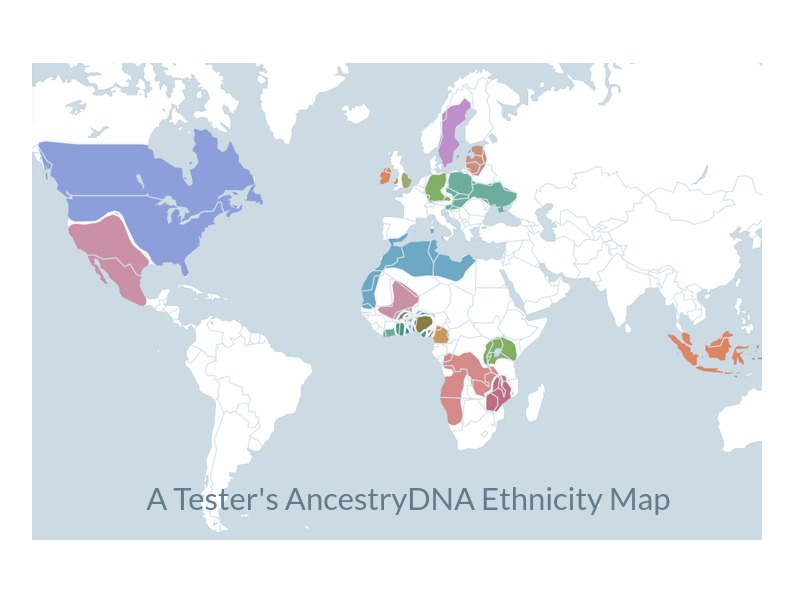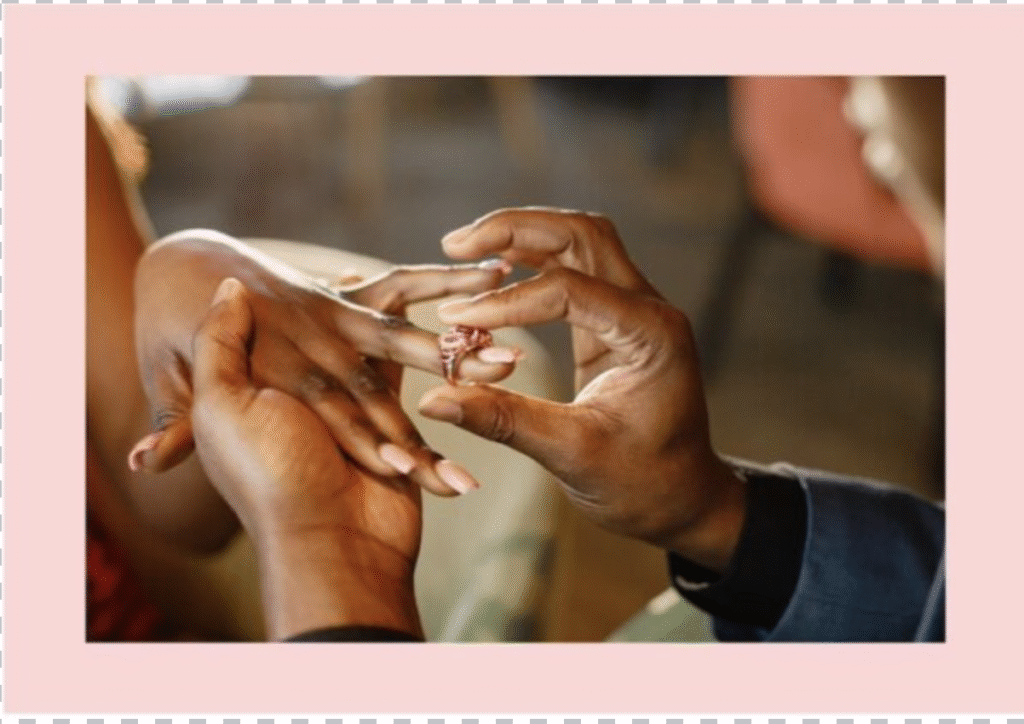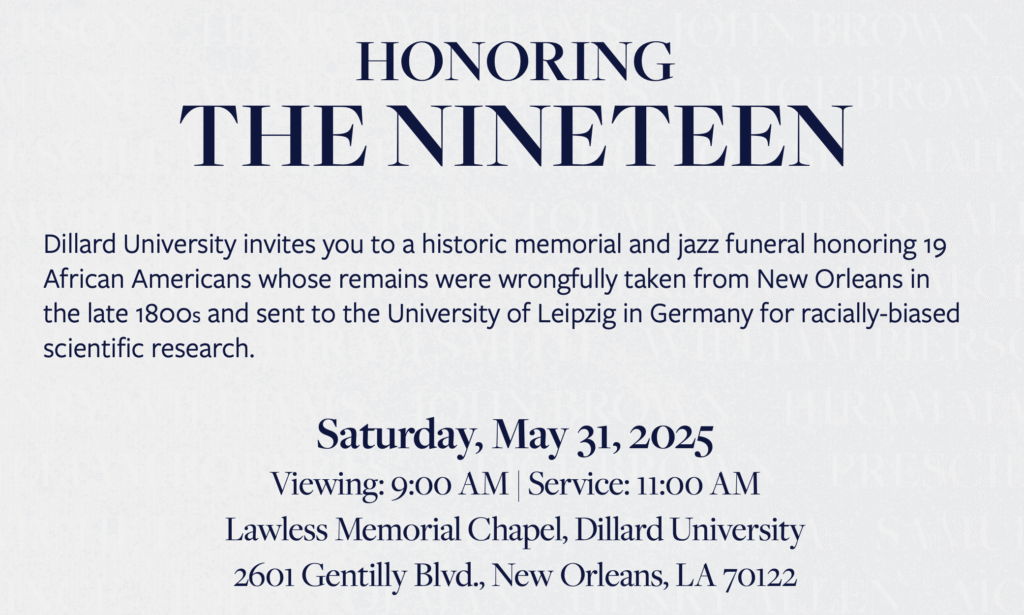Tested with one DNA-testing company, and still haven’t solved that family mystery plaguing your good night’s sleep?
Here’s a tip. Download your Raw DNA data from that company. Then, upload it to another company.
For instance, download from AncestryDNA and upload to MyHeritage. This can yield you totally new matches, because duh … people got choices in DNA companies. Everyone isn’t choosing the same one.
And guess what? Along with those matches, the new company will give you their take on your ethnicity. And as mentioned in Are DNA Tests Created Equal? How To Make the Best Choice, your ethnicity estimates will be different from the original company.
All of a sudden, you’re thinking you’ve been taken for a ride and wasted your money. This DNA stuff is a big, fat scam.
But is it really?
Take a gander at the chart below. This person—whom we’ll call Anonymous—has ethnicity estimates from three companies. Same raw data, different results, some of it startlingly different.
I mean, look at the Nigerian estimates! AncestryDNA comes in at 16%, while MyHeritage more than doubles it. So what’s up with that?
Anonymous’s Partial Ethnicity Estimate Comparison

Calm down. All is well, and there are good reasons ethnicity results vary.
First, each company develops its own algorithm to analyze the DNA data.
Second …
Wait a minute. I see you … there in the back row. Eyes glazed, brow wrinkled. Wondering what the heck an algorithm is. I feel ya, my friend.
Simply put, an algorithm is a set of precise mathematical instructions that a computer uses to solve a problem or perform a task. So, if two companies’ algorithms to determine ethnicity are different, different ethnicity estimates will follow.
Now, are we ready for second?
Second, DNA companies each develop their own reference populations databases to compare your DNA to. This produces different ethnicity results among companies.
Third … oops, I just lost the entire front row. Oh, okay. Let me explain.
DNA companies look for and collect DNA from people with a known, single ancestry. These people’s DNA forms a reference population for a specific geographic area or ethnicity. When you submit your DNA test, the company compares your DNA to these reference groups. The larger the reference group for a particular area or ethnicity, the more accurate your DNA ethnicity estimate.
Third, differences among DNA companies’ data interpretation and presentation can result in ethnicity estimate variations. For instance, some companies may offer more specificity on sub-regions or ethnic groups, while another company’s analysis is more general.
So, back to my ethnicity estimates—ahem, I mean Anonymous’s ethnicity estimates. Given what Anonymous knows about their German and Irish ancestors, AncestryDNA appears more accurate. Also, Anonymous thinks MyHeritage’s Portuguese ethnicity is completely out in left field.
So, what can testers do?
First, take these estimates with a grain of salt. You are you no matter what your ethnicity.
Second, let’s say you are most interested in one particular ethnicity. You could check each company’s website to see how extensive their reference population is for that ethnicity. Remember. The more extensive, the greater the accuracy of the ethnicity estimate.
You can find more on how to research DNA company reference groups here.
REFERENCES:
Jane Elkins, “DNA Ethnicity Estimation: Reference Panels.” Your DNA Guide, 2019. URL. Accessed 19 Apr 2025.
Lynn Serafinn, “DNA Ethnicity Reports. Who You Are Vs. What They SAY You Are.” Trentino Genealogy, 2019. URL. Accessed 21 Apr 2025.
Leslie Gaydos and Melissa Simas Tyler, “DNA Kits Yield Different Results From Two Genetics Companies.” NBCBoston.com, 2019. URL. Accessed 19 Apr 2025.
“AncestryDNA® Reference Panel.” AncestryDNA Support. URL. Accessed 19 Apr 2025.
“Why do the DNA Matches found on MyHeritage show different results than the ones found on another site?” MyHeritage Help Center. URL. Accessed 19 Apr 2025.




Leave a Reply